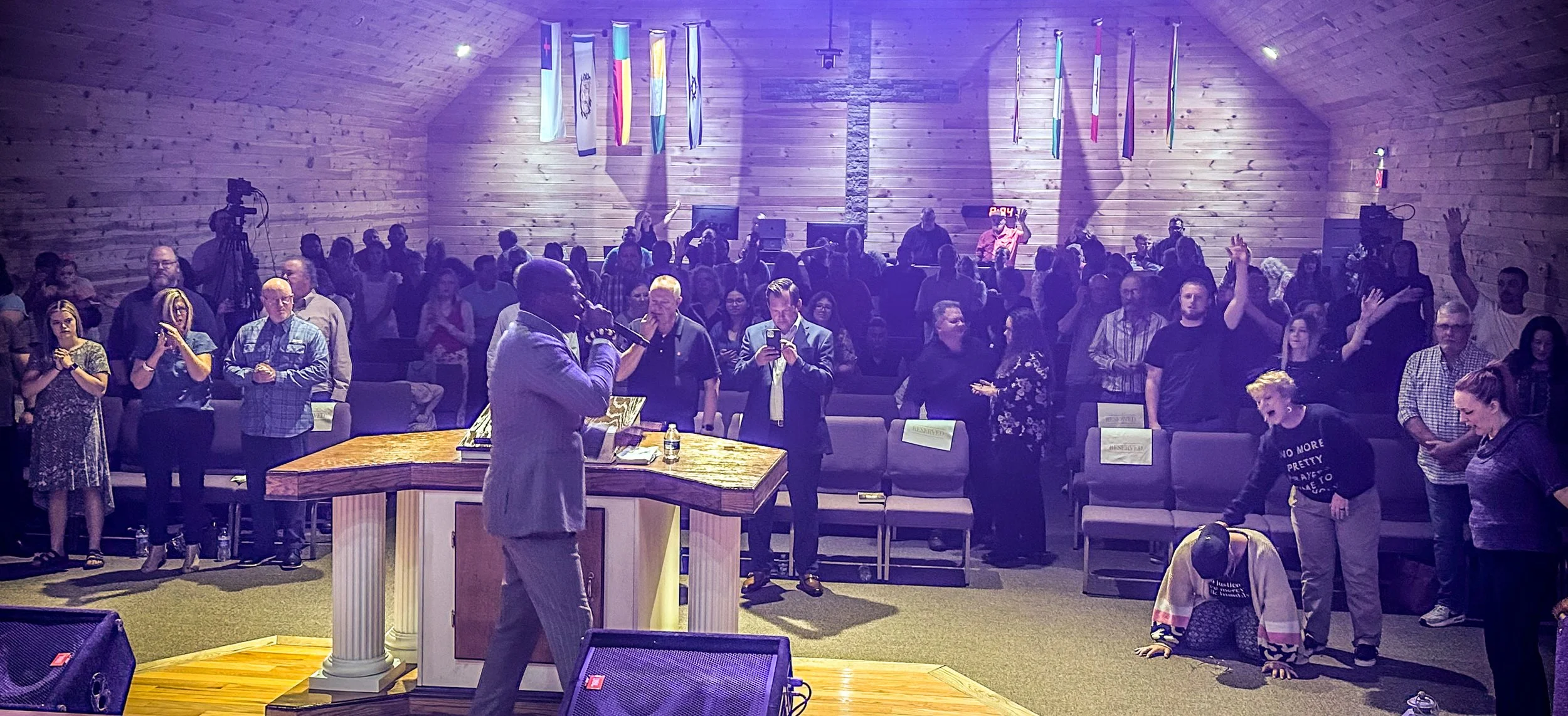1) Big dreams reflect God’s creative nature
God is the Creator who brings something out of nothing and calls it good. Being made in His image means we carry a real, though limited, capacity to imagine, design, and build. Dreaming big isn’t about ego; it’s about reflecting the One whose nature overflows with life and possibility.
When we envision more beauty, justice, compassion, or excellence, we echo the original mandate to cultivate and steward creation. Smallness born of fear doesn’t fit the pattern of Genesis, where God entrusts people with meaningful responsibility.
Big dreaming, then, is a form of worshipful agreement with God’s largeness. It says, “Your world is spacious; Your resources are vast; Your goodness can fill more than I’ve seen.” (Genesis 1:27–28; Psalm 8:4–6)
2) Big dreams cultivate faith that pleases God
Faith is trusting God enough to move when outcomes aren’t guaranteed. Large, holy desires pull us past what we can control, so we must rely on God’s character rather than our cleverness. That reliance is precisely what delights Him.
The “faith hall of fame” in Hebrews 11 is a record of people who saw what wasn’t yet visible and acted on God’s promise. Their dreams were bigger than their lifetimes, budgets, or capacities, and that scale deepened their dependence.
Big dreams keep us living by faith instead of sight. They transform uncertainty into a meeting place with God, where trust matures and intimacy grows because we learn firsthand that He is faithful.
3) Big dreams align with God’s prepared purposes
Scripture teaches that God prepares “good works” in advance for His people to walk in. That means the road isn’t blank; calling is often discovered, not invented. Big vision can be the way we find the path God already laid out.
When a dream harmonizes with God’s heart revealed in Scripture—healing, reconciliation, truth, justice—it tends to “fit” with providential opportunities and wise affirmation. The size doesn’t make it holy, but alignment does.
Because God is able to do “immeasurably more,” our horizons should be set by His capacity, not our caution. A big dream properly aligned with His purposes becomes a yes to what He’s been preparing all along. (Ephesians 2:10; 3:20)
4) Big dreams multiply Kingdom impact for others
God’s blessing is designed to overflow. From the start, He calls His people to be a conduit—blessed to be a blessing, light that reaches beyond private comfort. Big dreams widen the circle of people who can taste that blessing.
Large vision often moves beyond personal success into communal good: schools strengthened, neighborhoods healed, art that lifts, businesses that dignify. The scale allows more lives to be touched in practical, embodied ways.
Jesus’ imagery of light on a stand assumes visibility and reach. When God’s children dream big for the common good, the result is a thicker witness to His love in the public square. (Genesis 12:2; Matthew 5:14–16)
5) Big dreams steward God-given gifts fully
God gives gifts, experiences, and holy burdens to be invested, not preserved in a drawer. The parable of the talents commends risk and multiplication over cautious maintenance.
A larger vision draws dormant capacity into the open. It requires us to use our minds, skills, networks, and wisdom to their fullest—honoring the Giver by refusing to bury what He entrusted.
Stewardship is not about spectacle; it’s about faithful scale. If God has supplied much, dreaming small from fear can misrepresent His generosity. Big dreams match the stewardship scope of the gifts we’ve received. (Matthew 25:14–30; 1 Peter 4:10)
6) Big dreams reveal God’s power, not just human effort
When outcomes outstrip resources, the source becomes unmistakable. God loves to work through weakness so that the glory flows back to Him, not to our strategies.
A God-sized vision often contains moments where doors open that no one could have forced, provisions arrive from unexpected places, and timing fits with precision. These become living testimonies of His power.
The result is doxology, not self-congratulation. People looking on can say, “God did that,” which is the point: big dreams become stages where His strength is made perfect in our limits. (2 Corinthians 12:9; 1 Corinthians 1:27–31)
7) Big dreams shape mature character
Significant callings inevitably stretch patience, humility, perseverance, and wisdom. They surface motives, test priorities, and force a deeper rooting in God’s heart.
Challenges along the way are not wasted; they are formative. Scripture names this as a process where trials produce endurance, proven character, and hope that doesn’t disappoint.
By the time a big dream bears fruit, the dreamer has often been transformed. God grows a person capable of carrying influence without being carried away by it. (James 1:2–4; Romans 5:3–4)
8) Big dreams mobilize the body of Christ
No grand Kingdom work is accomplished solo. Large vision awakens complementary gifts in others and creates space for the whole body to function.
As the Church rallies around a shared, holy purpose, unity deepens. Teachers teach, administrators organize, creatives imagine, servants strengthen—all supplied by one Spirit.
This cooperation is itself a witness. A mobilized body, joined and held together, builds itself up in love and accomplishes more than any isolated part could. (1 Corinthians 12; Ephesians 4:11–16)
9) Big dreams mirror God’s generosity and abundance
God’s nature is abundant—grace upon grace, life to the full. Expectation set too low can subtly imply stinginess in God, while expansive hope better reflects His heart.
Dreaming big doesn’t mean indulgence; it means confidence in the scale of God’s goodness and the breadth of His mercy. It recalibrates our imagination to match His character.
Held rightly, big vision partners with contentment and generosity. It seeks plenty not to hoard, but to serve more widely and to demonstrate the overflowing nature of the Gospel. (Psalm 81:10; John 10:10)
10) Big dreams sow generational legacy
God often works across generations; His promises outlive individuals and mature over long arcs. Thinking big aligns our time horizon with His.
A vision that outlasts us plants institutions, habits, and stories that bless people we will never meet. It turns personal calling into a stream that keeps running.
Scripture imagines one generation commending God’s works to another. Big dreams give the next generation a platform to stand on, a testimony to inherit, and a mission to continue. (Psalm 145:4; Deuteronomy 6:6–7)







